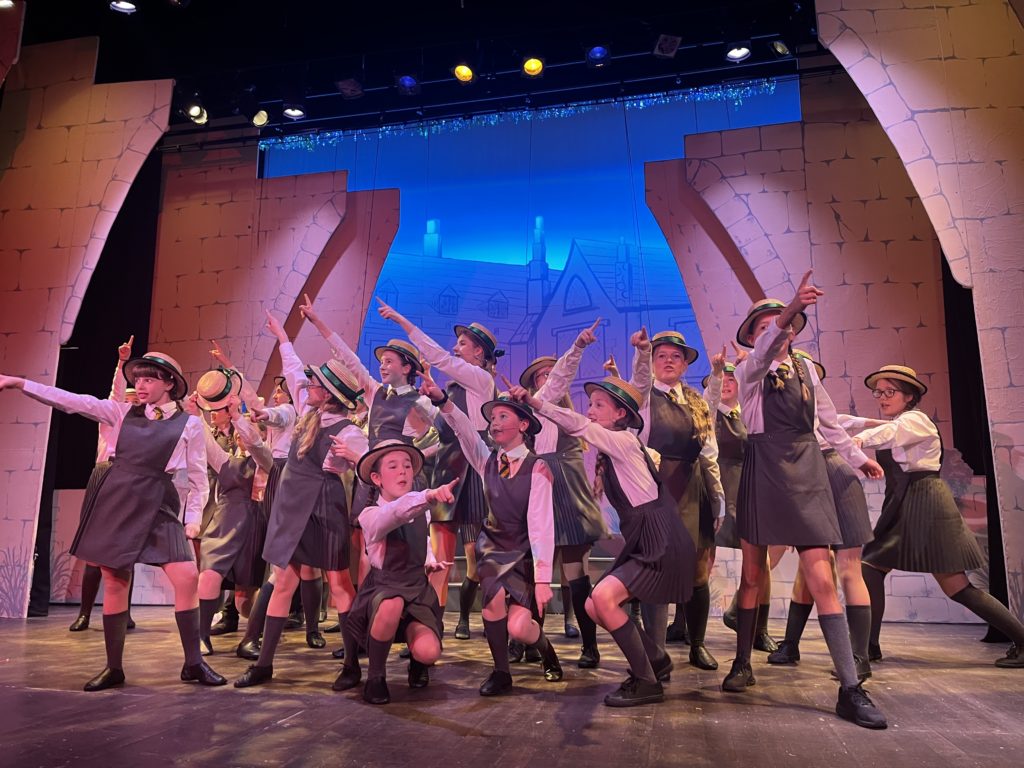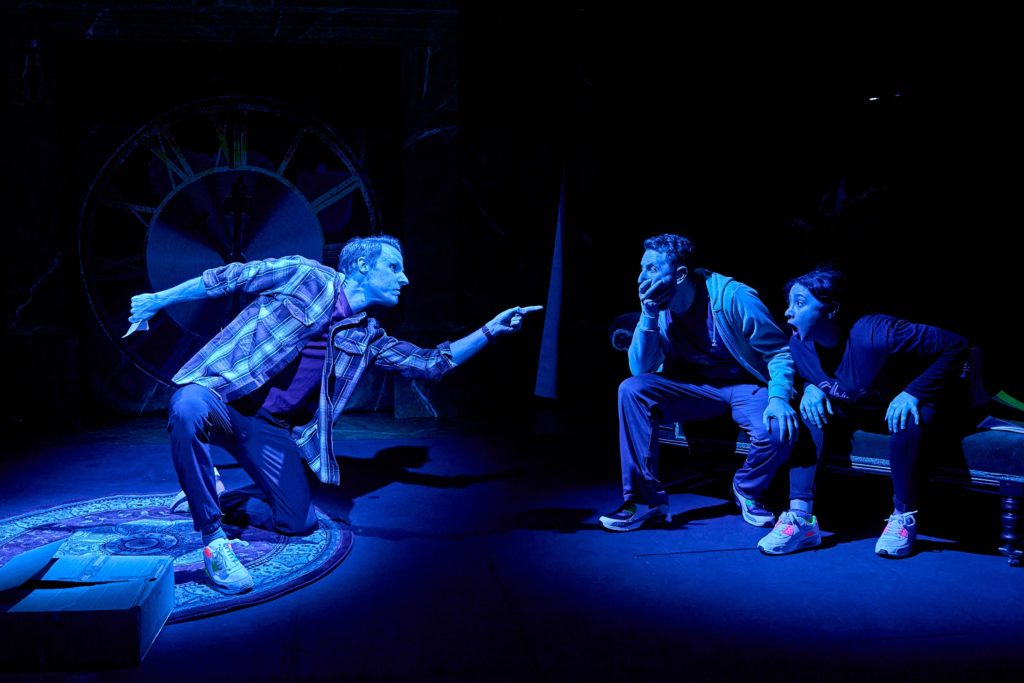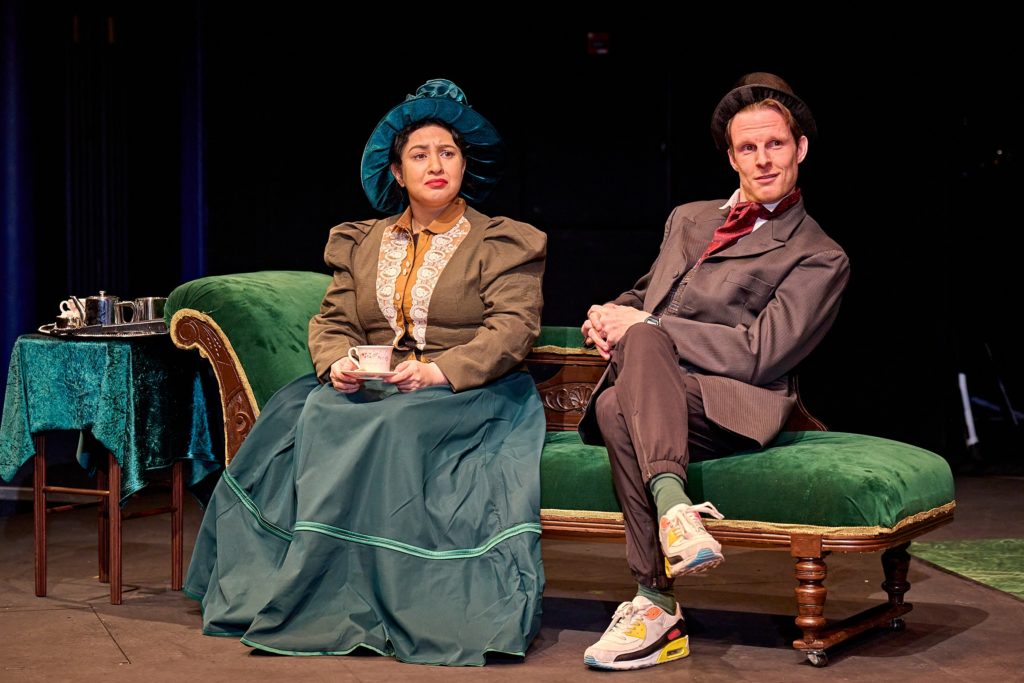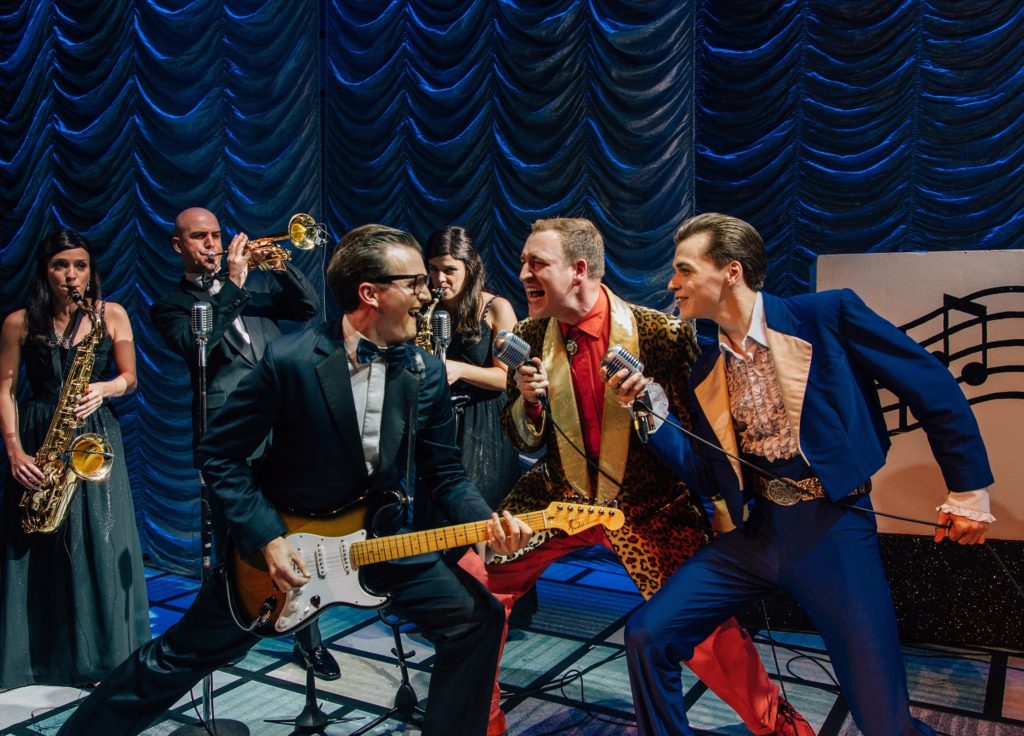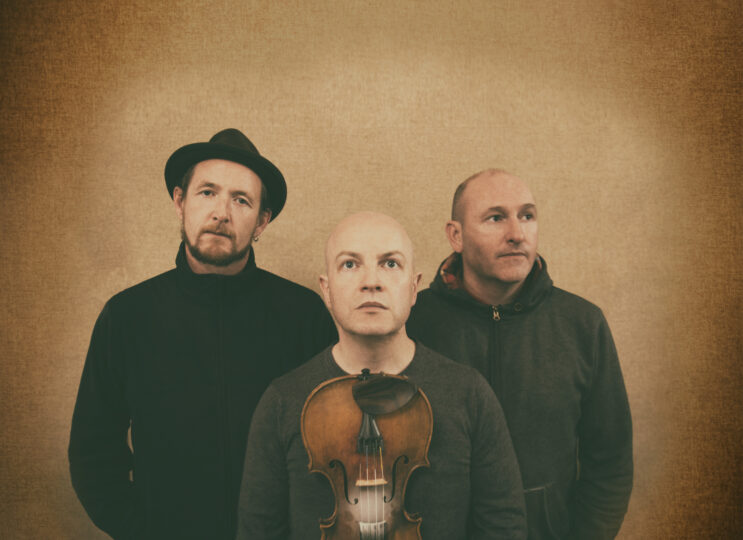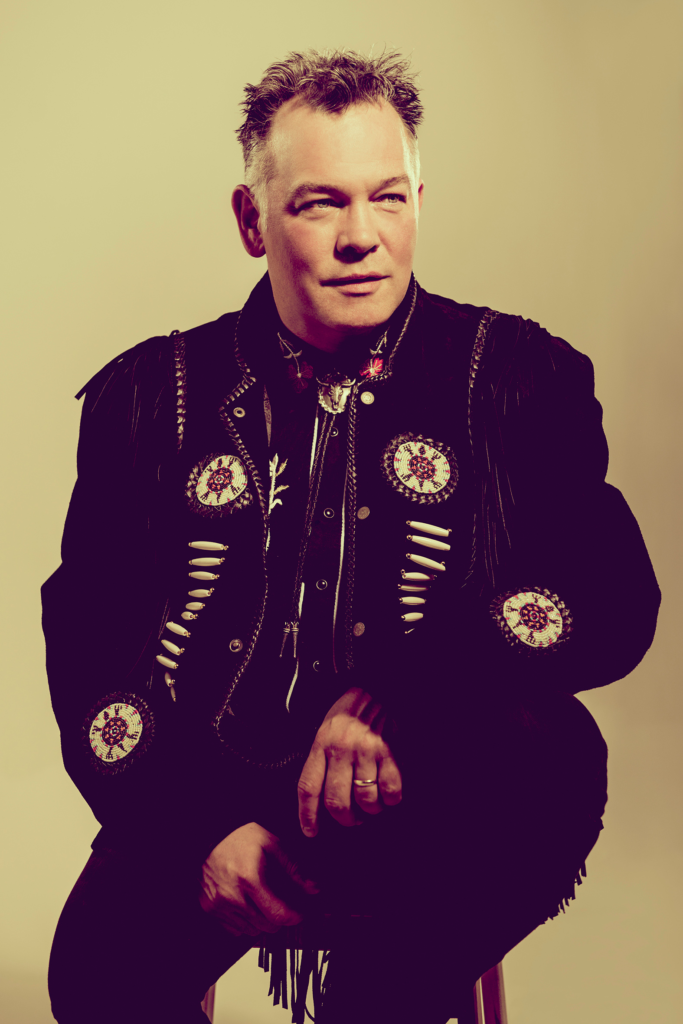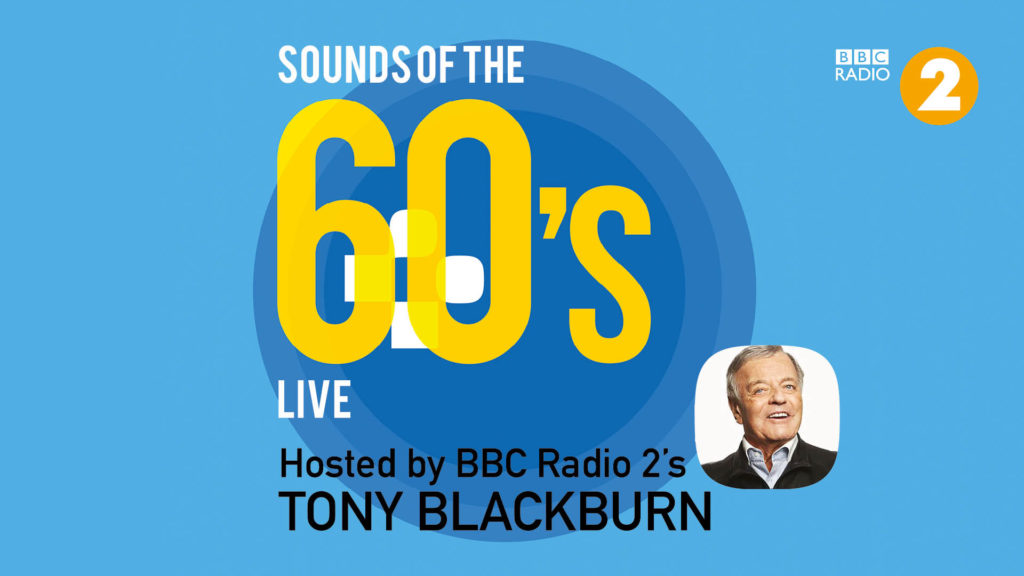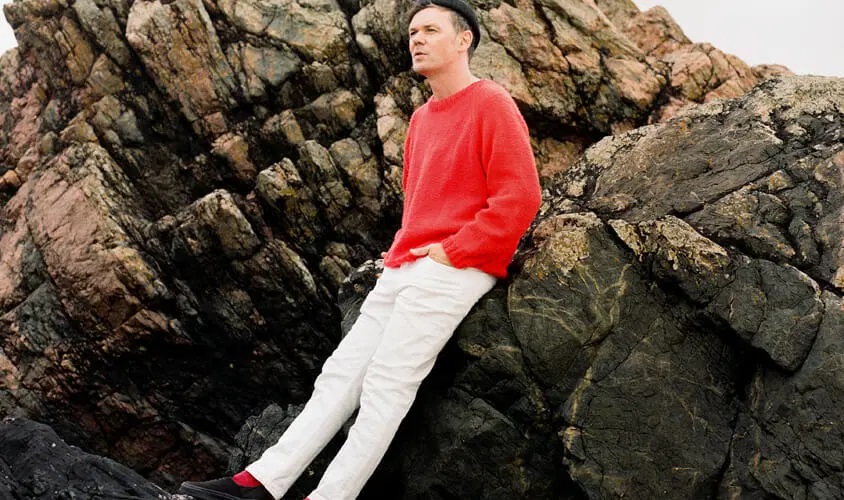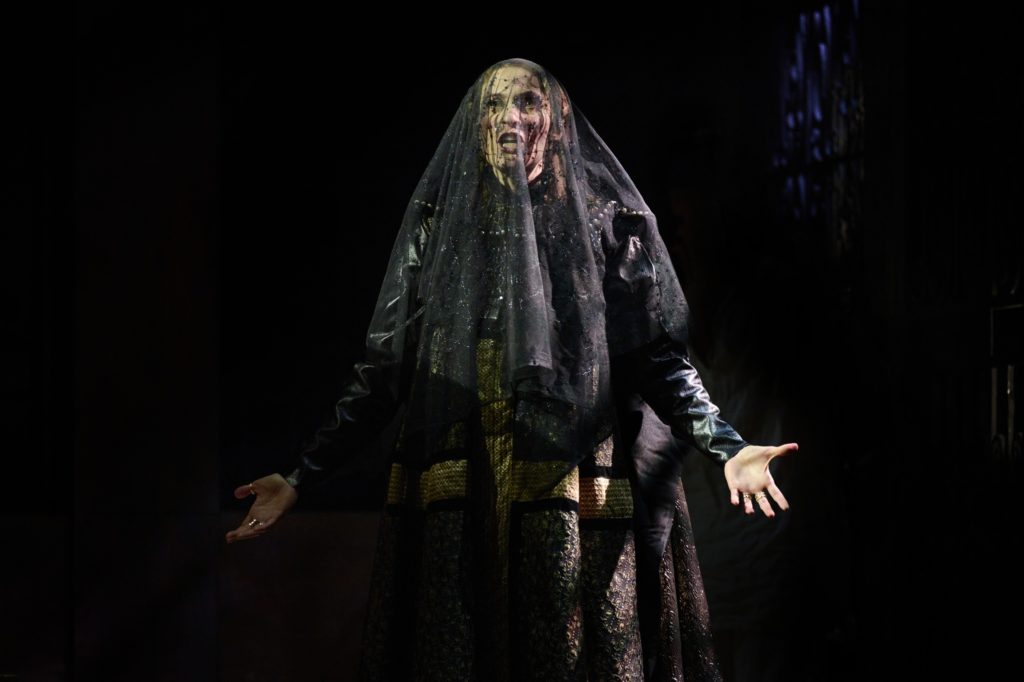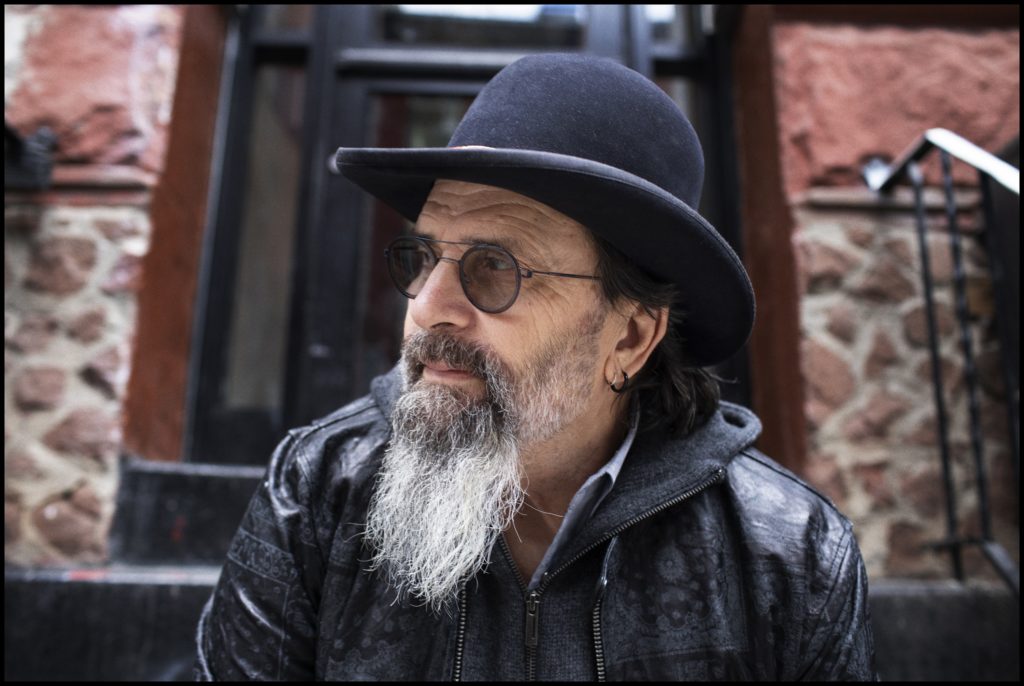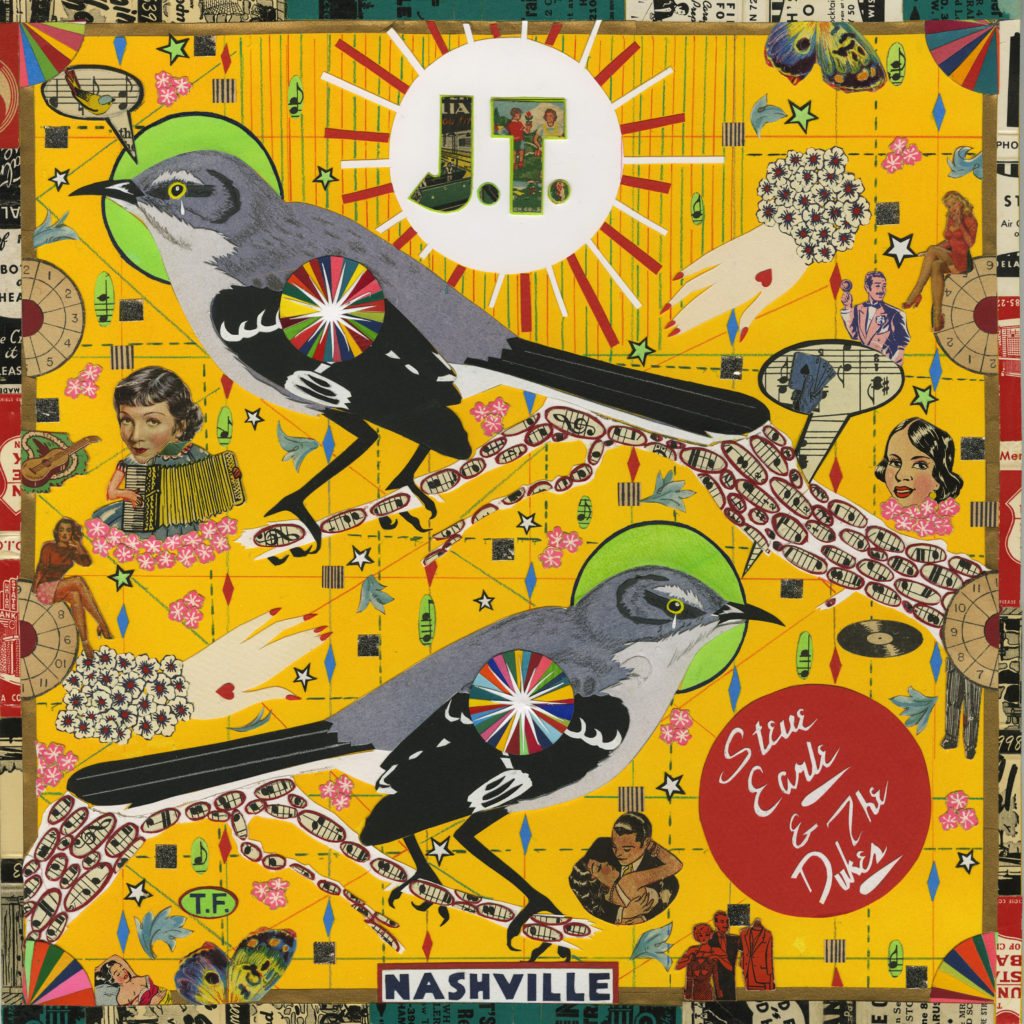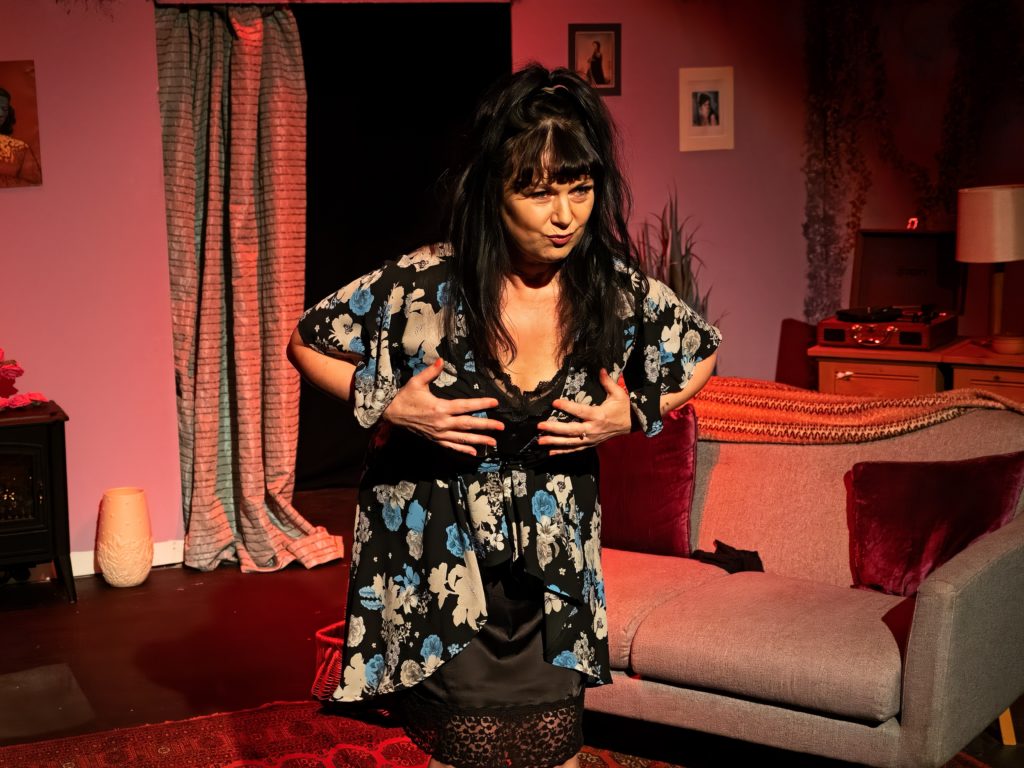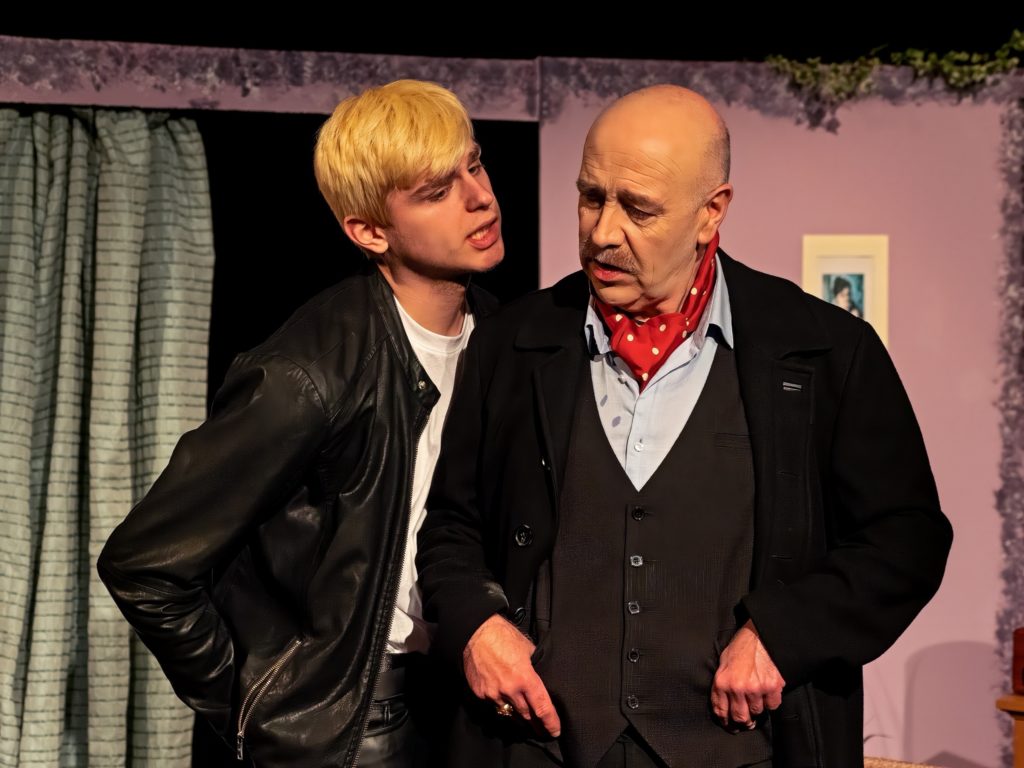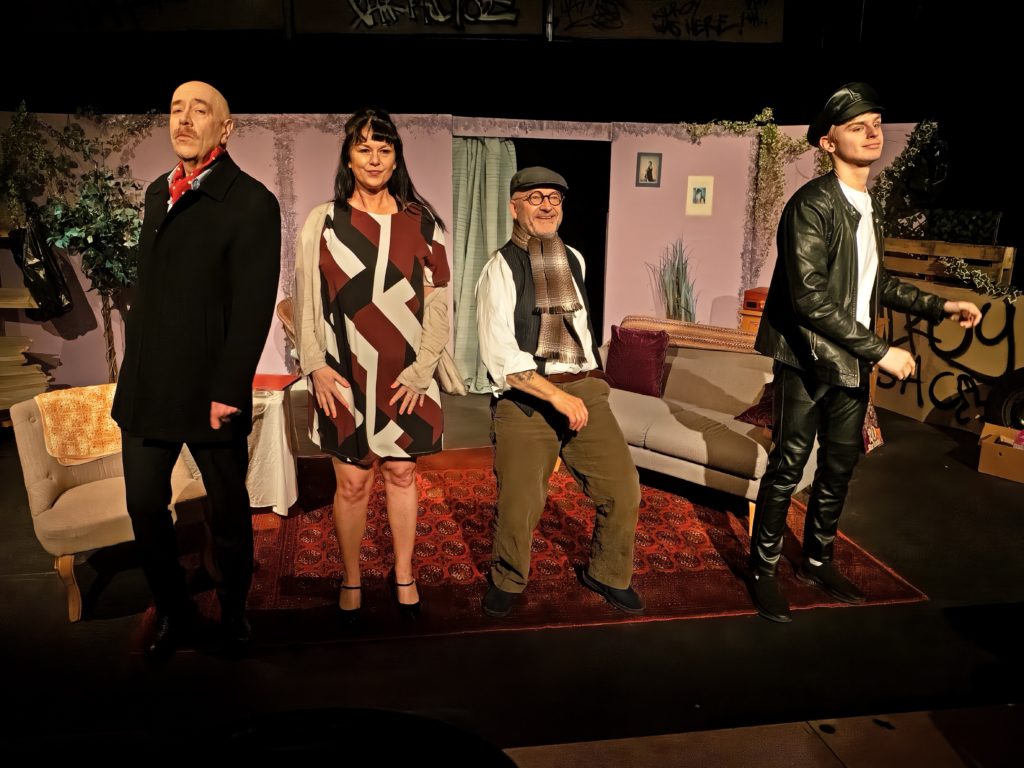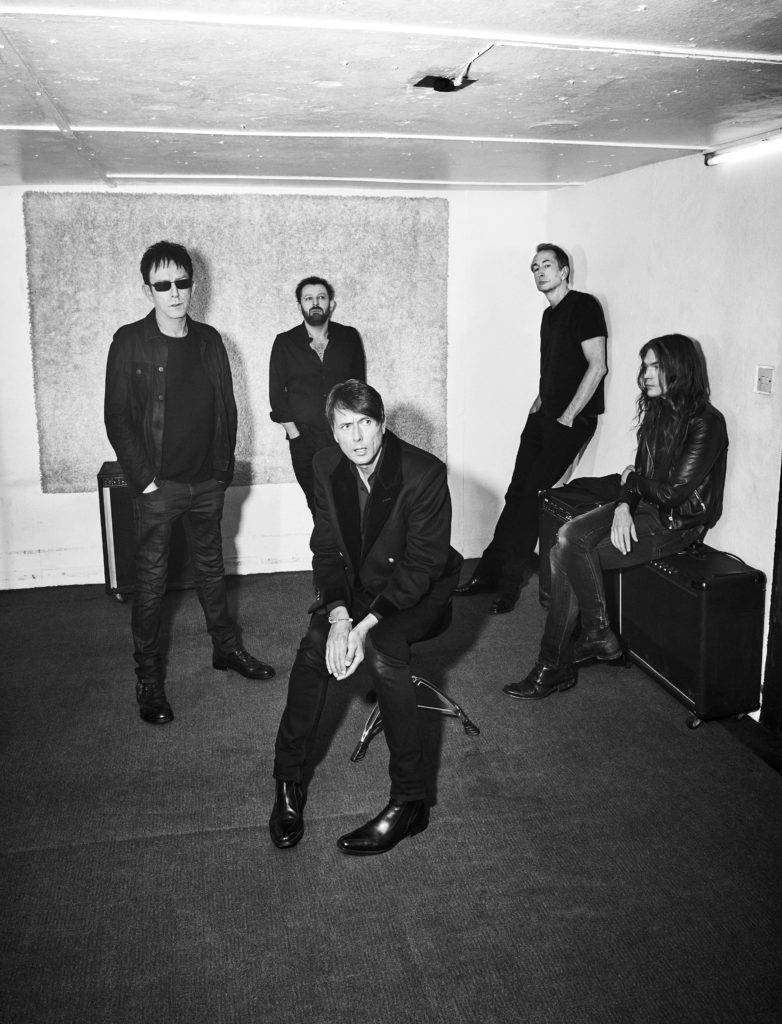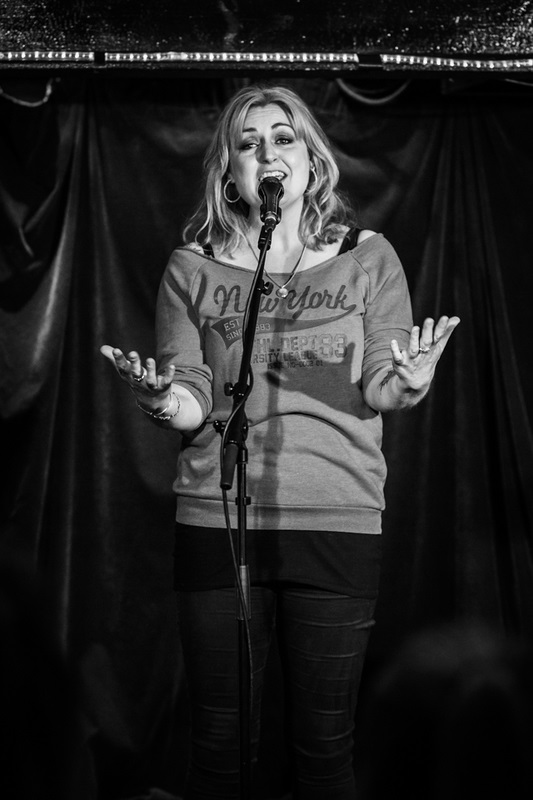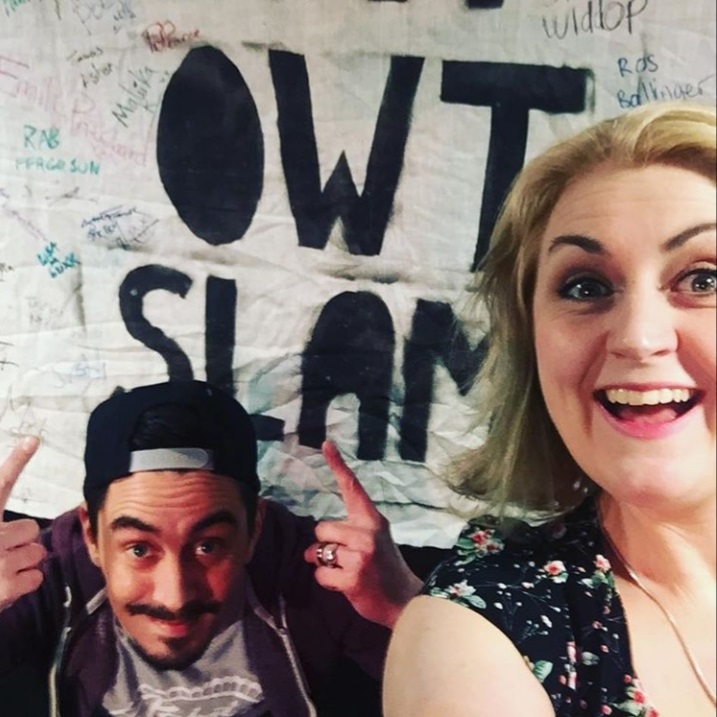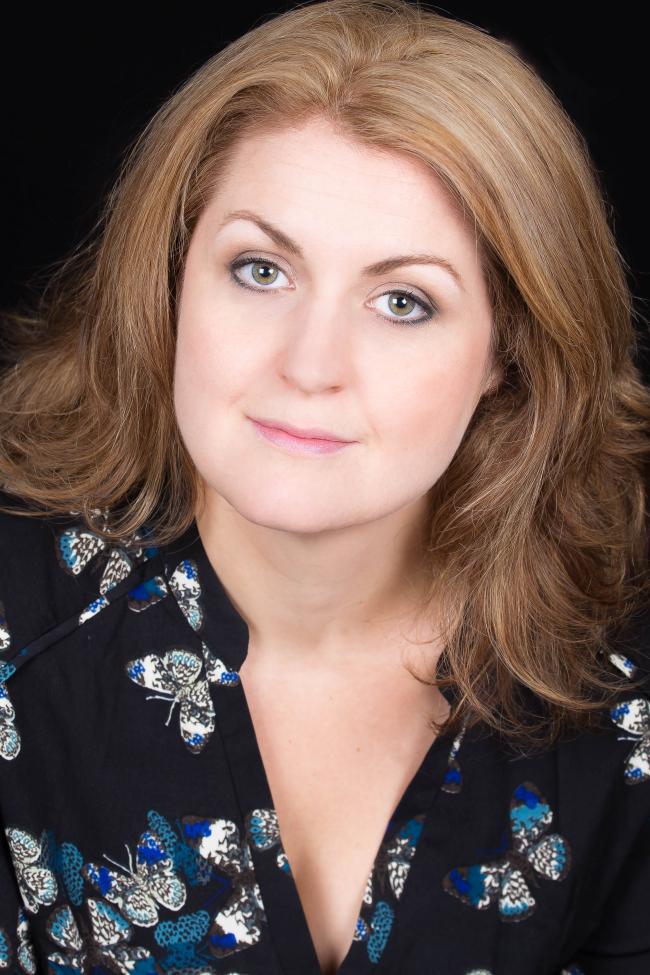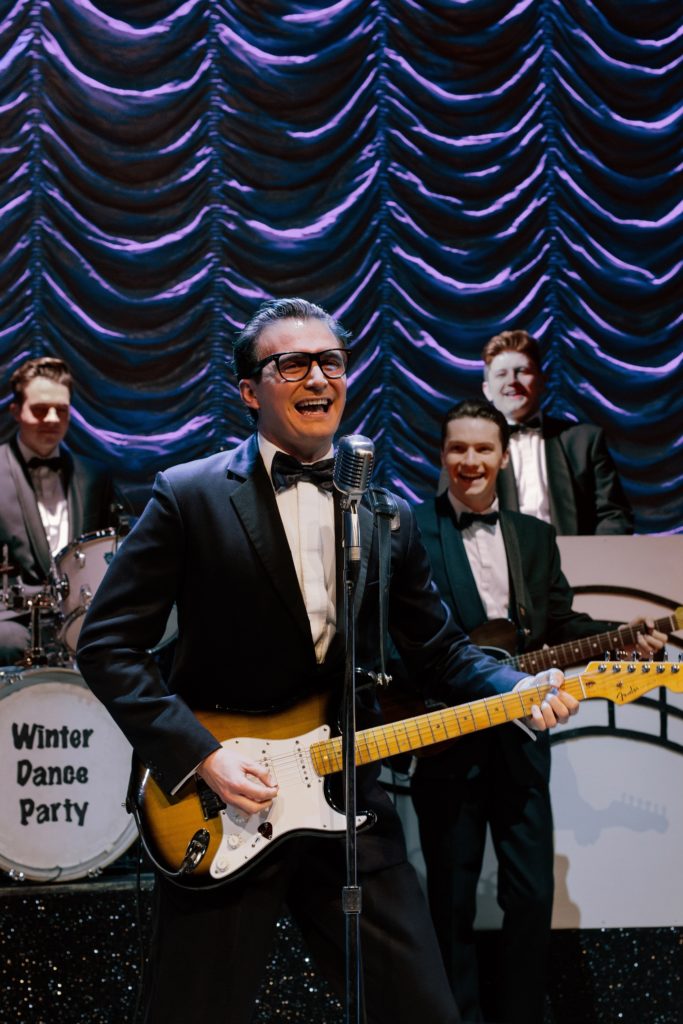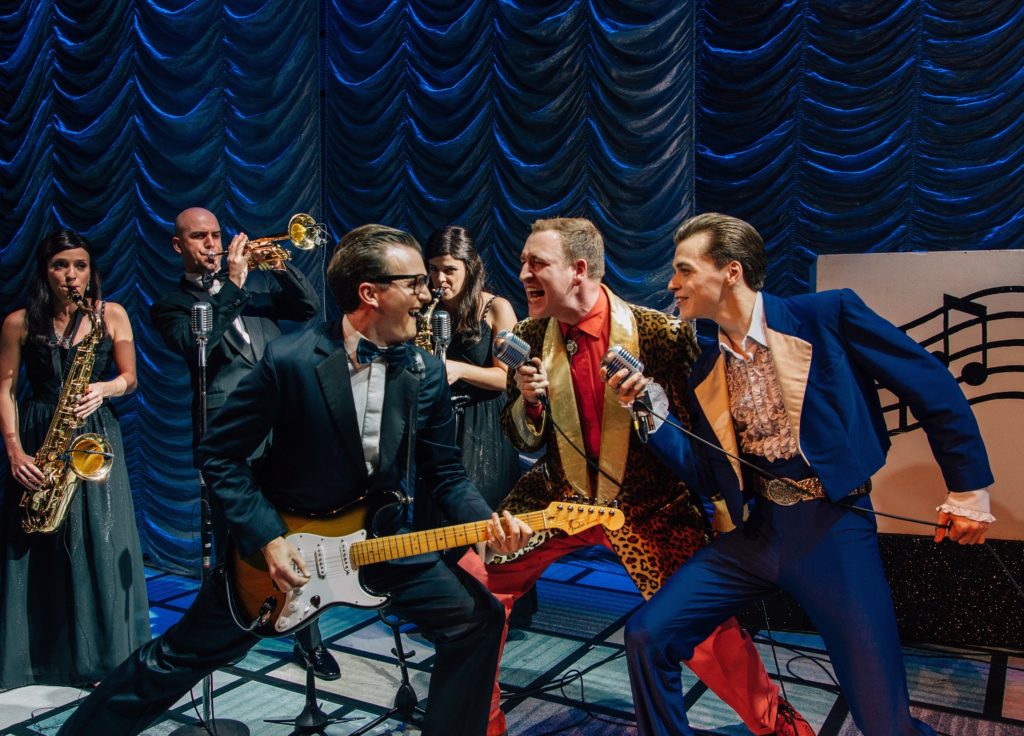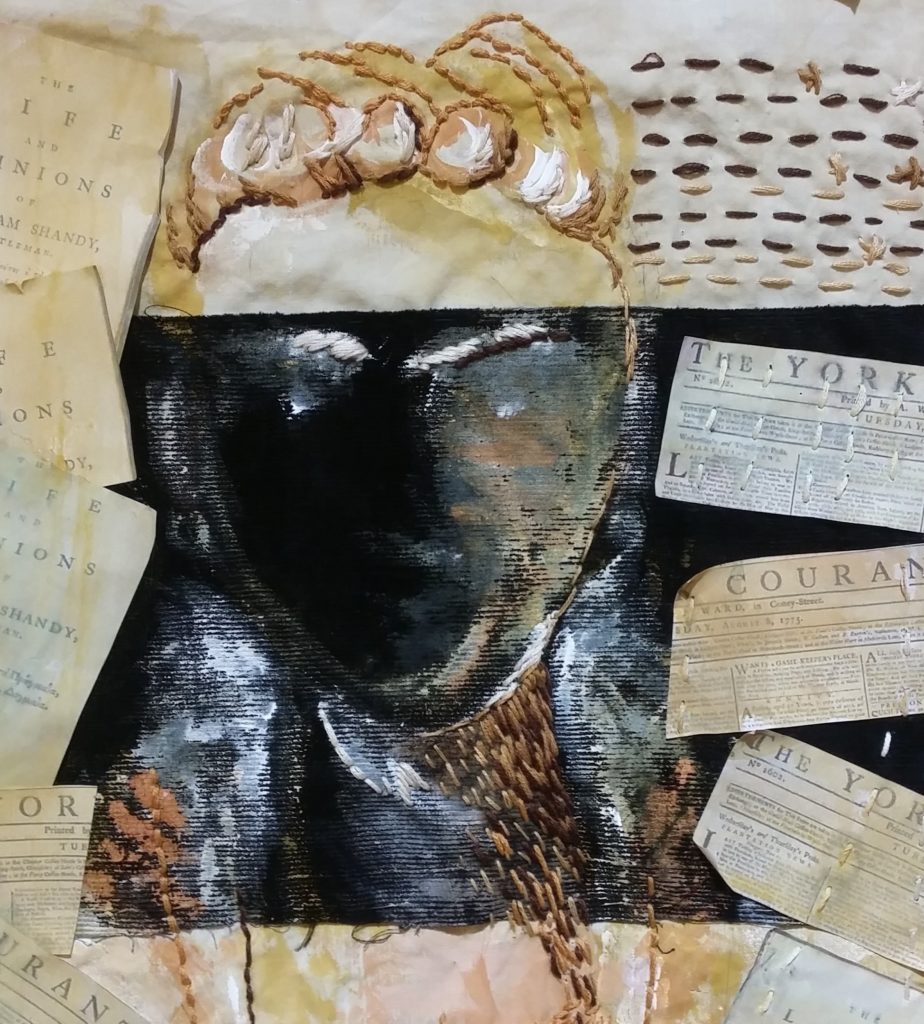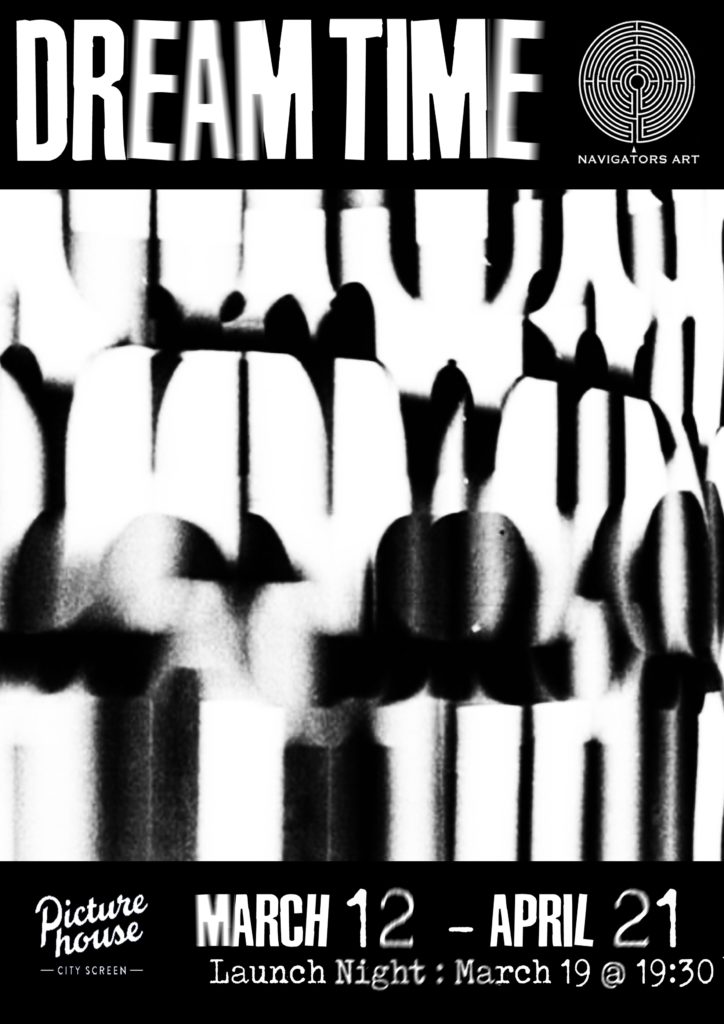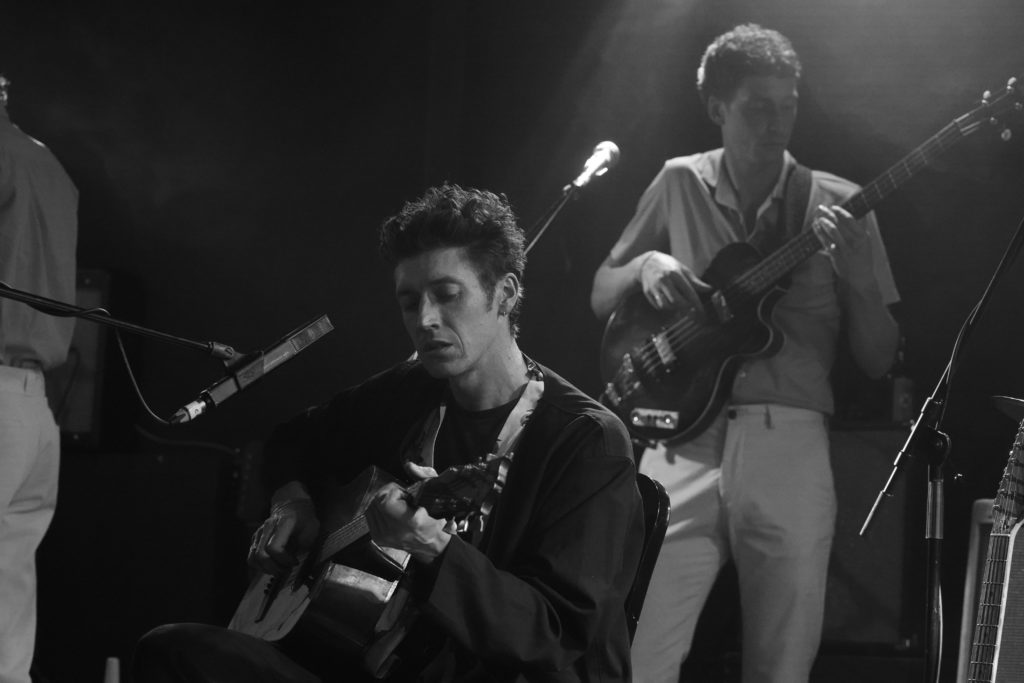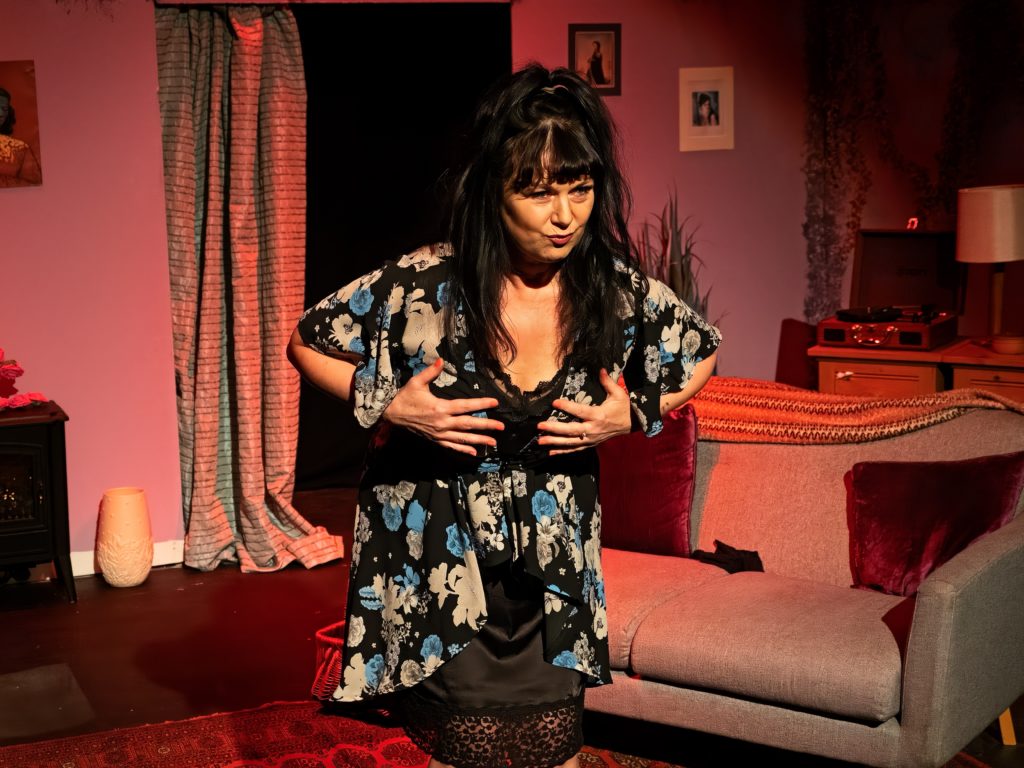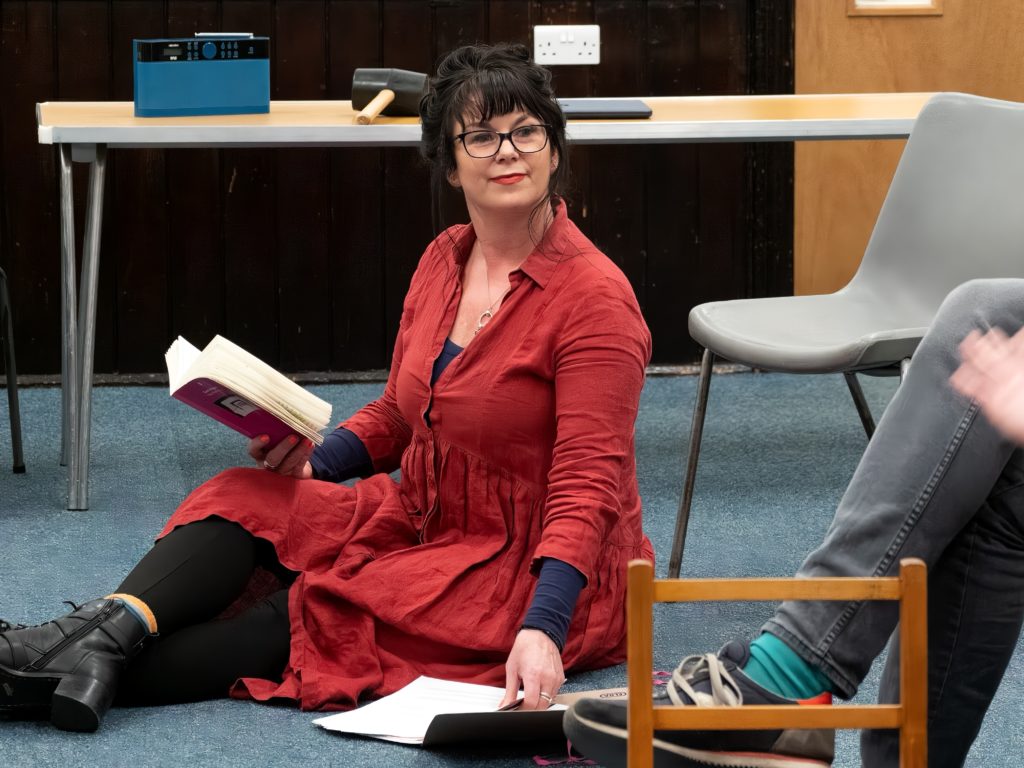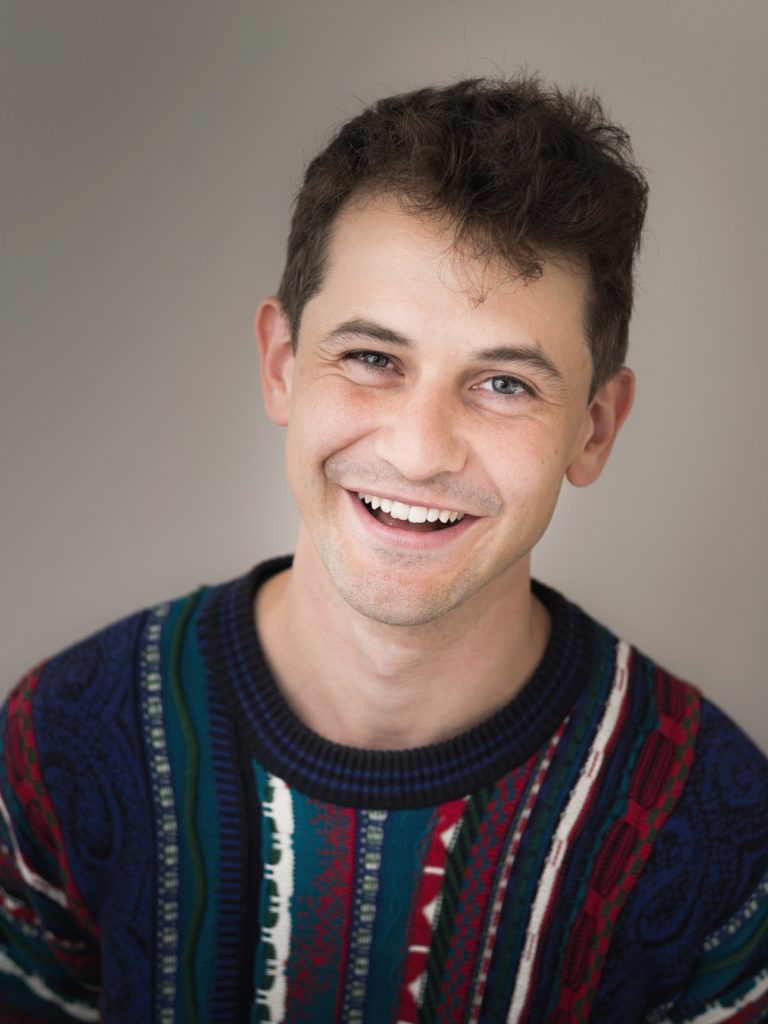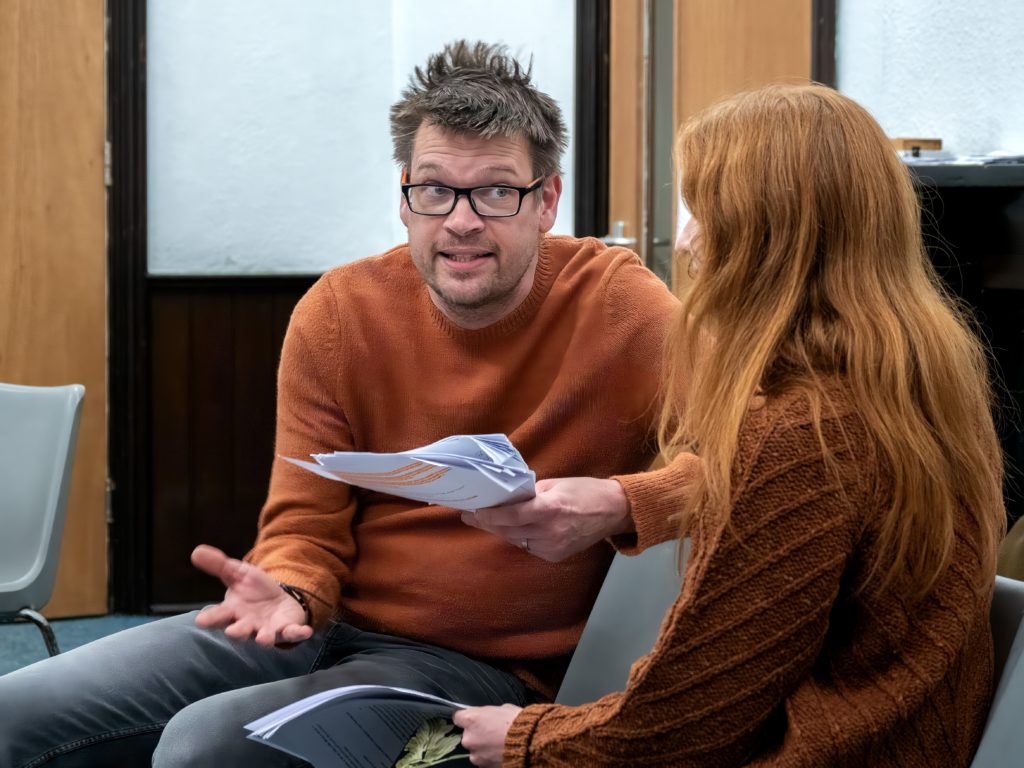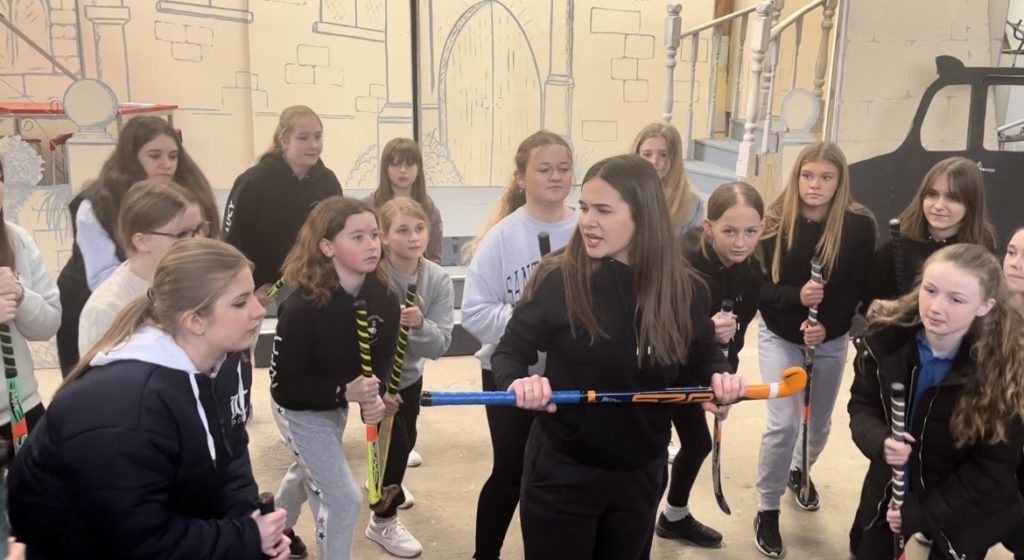
FLYING Ducks Youth Theatre stages the northern premiere of Maureen Chadwick and Kath Gotts’s 2015 comedy drama Crush: The Musical at the Joseph Rowntree Theatre, York, from Thursday to Saturday.
This week’s production will be the York company’s first book musical since Jenna Dee Howlett joined as director and chair in 2018. “We’re so excited to finally be putting on the show,” she says.
From the team behind Bad Girls: The Musical comes an outrageously fun, subversive musical set in 1963 in the Dame Dorothea Dosserdale School for Girls, an establishment with a proud tradition of fostering free spirits from all walks of life.
What a crushing blow when the new headmistress turns out to be a tyrant with strict Victorian values. Top of her hit list are two sixth-formers accused of “unnatural behaviour” – the “crush” of the title – in the Art Room.
Hope is revived, however, by a glamorous games mistress known as Miss Givings. Cue hockey sticks to the fore in an all-out battle to save the school and the course of true love.
“Although set in the 1960s, Crush delivers a storyline that tackles important subjects of our modern-day society, delivering humour and satire too,” says Jenna Dee of Chadwick’s pastiche of girls’ school stories such as Enid Blyton’s Malory Towers and Ronald Searle’s St Trinian’s books.
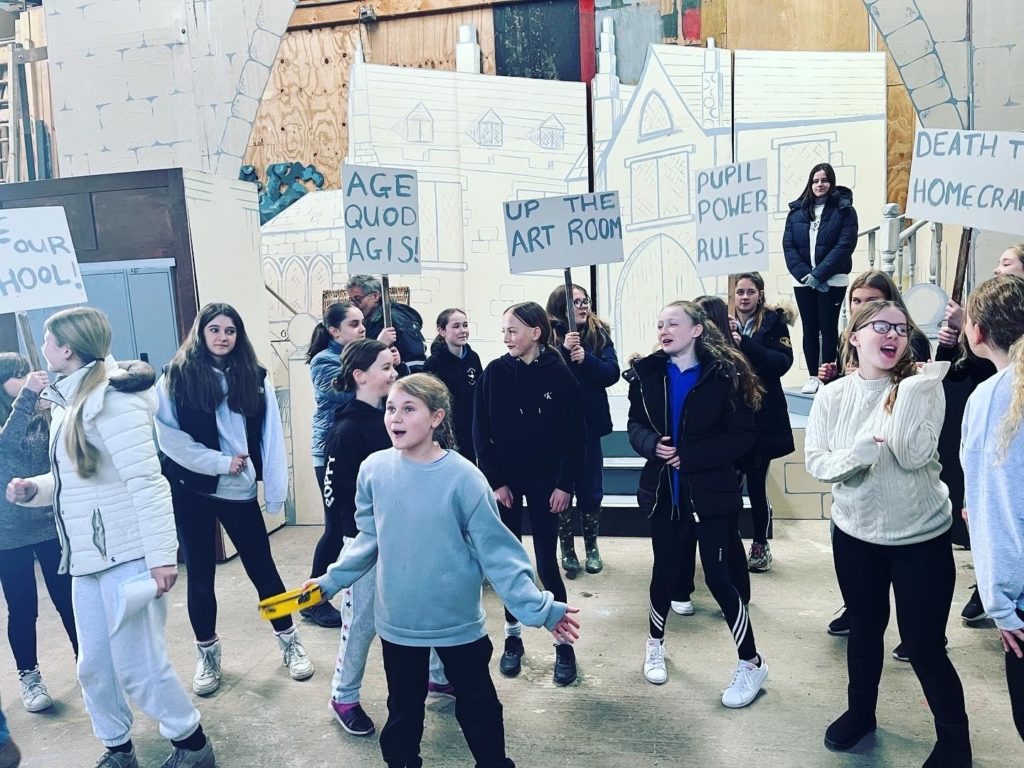
“It explores themes of female empowerment, love is love, and fighting for what you believe in, while celebrating and subverting the traditional schoolgirl fiction genre.
“It’s a smashing musical comedy with lashings of charm, team spirit, a catchy score to have you toe-tapping in your seats and dazzling dance routines to keep you entertained from beginning to end. This is a terrific, all-round musical for the whole family, performed by a talented young cast, in this coming-of-age show.”
Picking stand-out musical numbers, Jenna Dee says: “Navy Knicks is a strong company number lead by Miss Givings, encouraging the girls to stay positive, ‘put on their Navy Knicks, pick up their hockey stick’, and fight for what they believe in!
“It’s Not Fair is a comedic, self-pitying outcry from the school ‘snitch’ Brenda Smears, who wants nothing more but to moan about why she doesn’t fit in, much to the other girls’ amusement.
“Run Away/Stay, the closing number of Act One, is by far one of the most musically challenging numbers, but shows the talent and hard work the girls have put in over the past few months.
“With more than eight overlapping character and ensemble parts, and four transitions throughout the number, it’s sure to leave you going into the interval wanting to know what’s coming next.”
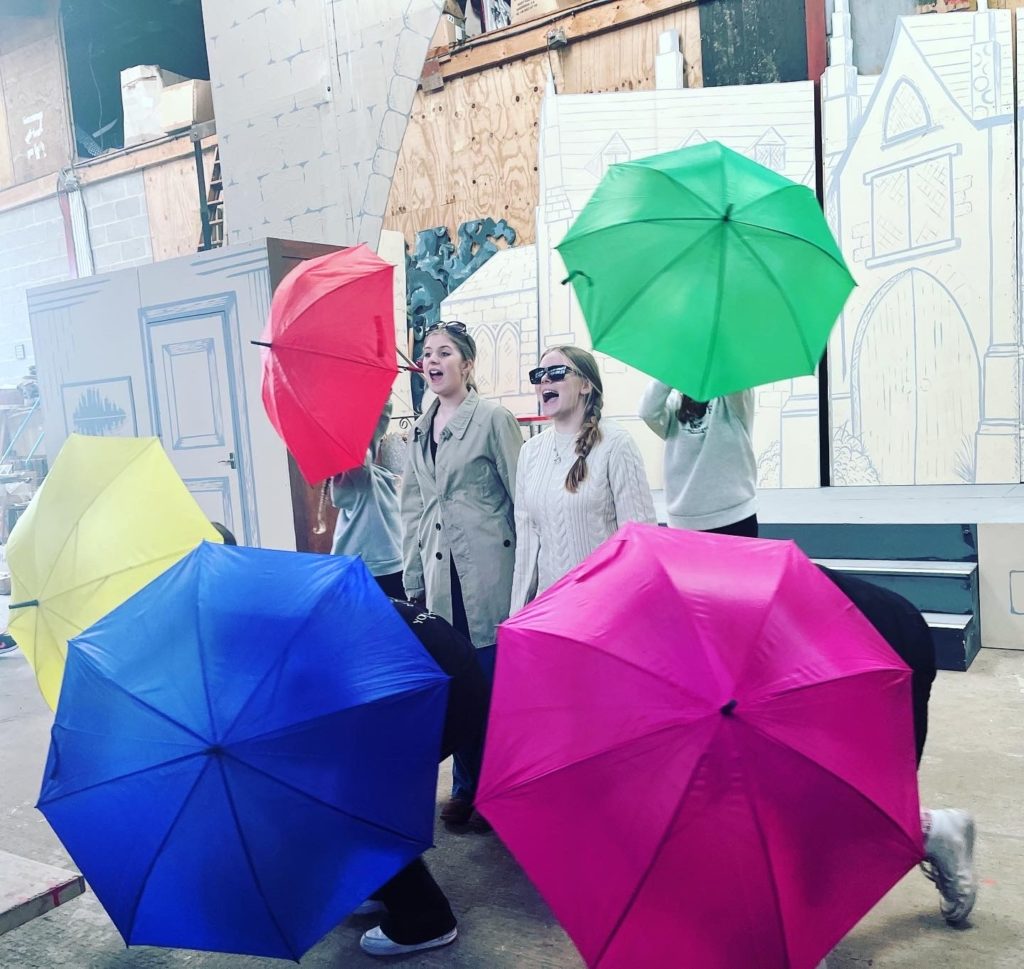
Taking over Flying Ducks from Stephen Outhwaite in 2018, Jenna Dee runs the Ducks group for ages 11 to 18 alongside her sister Sara Howlett, who trod the JoRo boards herself only last week in Rowntree Players’ production of another teenage classroom drama, John Godber’s Teechers Leavers ’22.
Jenna Dee has opened up new classes – Quacks and Ducklings – for ages four to ten that consist of fun drama-based games, scene and character work, singing, movement and dance.
Sessions strive to encourage individuality, self-expression and creativity while helping to build confidence and teach performance skills in a safe, friendly environment.
“The groups have gone from strength to strength with more than 120 members across all sessions,” says Jenna Dee. “After two successful musical variety performances at the Joseph Rowntree Theatre, This Is Me in 2019 and No Day But Today in 2022, they’re so excited to be bringing a northern premiere to the stage this week with Crush: The Musical.
“This was supposed to be their debut book musical in 2020, but the pandemic got in the way, so with a brand-new talented cast of 30, an impressive set and a fantastic live band, they’re ready to show York what they have to offer.”
Crush writer Maureen Chadwick, co-founder and creative director of Shed Productions, created and wrote the hard-hitting television dramas Waterloo Road, Footballers’ Wives and Bad Girls; composer and lyricist Kath Gotts has credits for Bad Girls: The Musical and The Realness.
Flying Ducks Youth Theatre in Crush: The Musical, Joseph Rowntree Theatre, York, March 23 to 25, 7pm plus 2pm Saturday matinee. Box office: 01904 501935 or josephrowntreetheatre.co.uk.

Flying Duck Youth Theatre’s credits for Crush: The Musical
Director and choreographer: Jenna Dee Howlett and Sara Howlett
Assistant director: Stephen Outhwaite
Musical director: Jessica Viner
Set design: Stephen Outhwaite
Stage manager: Paul Mantle
Costume: Ange Nemeth and Claire Newbold
Set builders: Sam Seago, John Pidcock and Paul Mantle
Set artwork: Anna Jones
Props: Stephen Outhwaite and Angela Day
Band: Jessica Viner and Gill Boler, keyboards; Kate Maloney, woodwinds; Christian Topman, bass; Mike Hampton, drums.
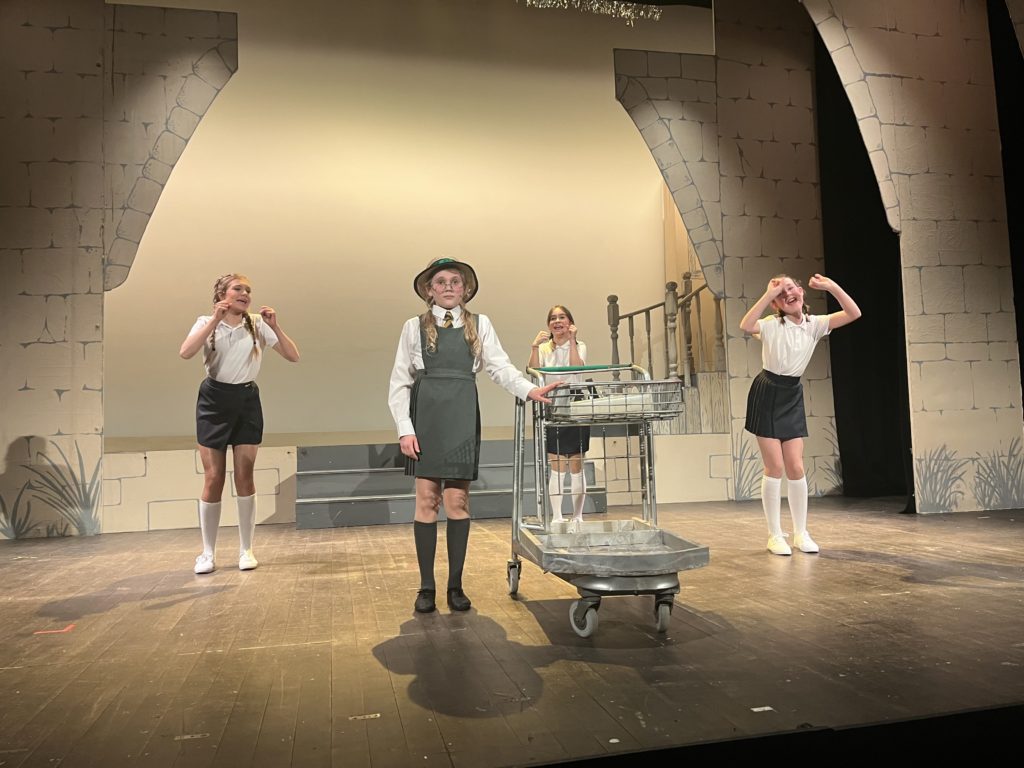
Cast
Eva Howe: Susan Smart
Sophie Wade: Camilla Faraday/Camille
Ruby Harrison: Daimler Jones/Desiree
Isabella Patton: Brenda Smears
Evie Fawcet: Miss Bleacher
Neve Gallafant: Miss Austin (Cast 1)/Ensemble
Nancy Mae Mooney: Miss Austin (Cast 2)/Ensemble
Ayda Mooney: Miss Giving/Diana Dosserdale/Buzz
Violet Orange: Benny/Dorian Dosserdale/Marlene (Cast 1)/Ensemble
Jess Ferguson: Benny/Dorian Dosserdale/Marlene (Cast 2)/Ensemble
Poppy Moass: Judith (Cast 1)/Ensemble
Amaia Hall: Judith (Cast 2)/Ensemble
Connie Wood: Lavinia (Cast 1)/Ensemble
Becka Nemeth: Lavinia(Cast 2)/Ensemble/Understudy Susan
Isla Thompson: Annabel (Cast 1)/Ensemble
Bethany Ellerker: Mum/Ensemble/Understudy Miss Givings
James Morton (the only boy in the cast): Dad/Ensemble
Mia Burton: Dorothea/Ensemble/Understudy Daimler
Elsa Adamson: Ensemble/Understudy Camilla
Lily Fawcett, Molly Hare, Sofia Iemboli, Megan Jones, Sylvie Morgan and Eva Robinson: all Ensemble
Lucy Parr: Ensemble/Understudy Dame Dorothea
Daisy Sullivan: Ensemble/Understudy Brenda
Jessica Whitelock: Ensemble/Understudy Mum
